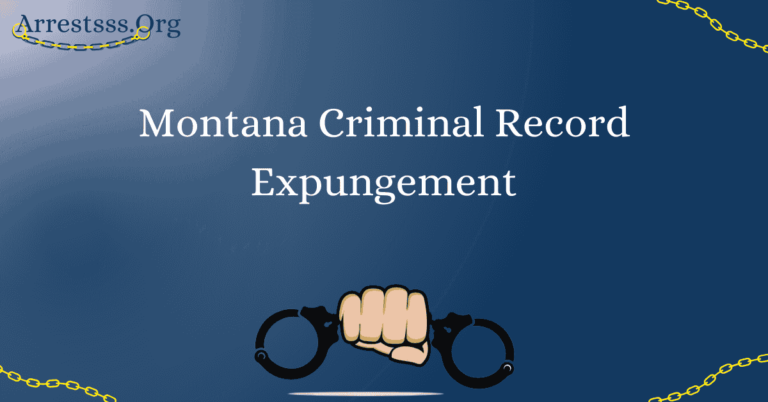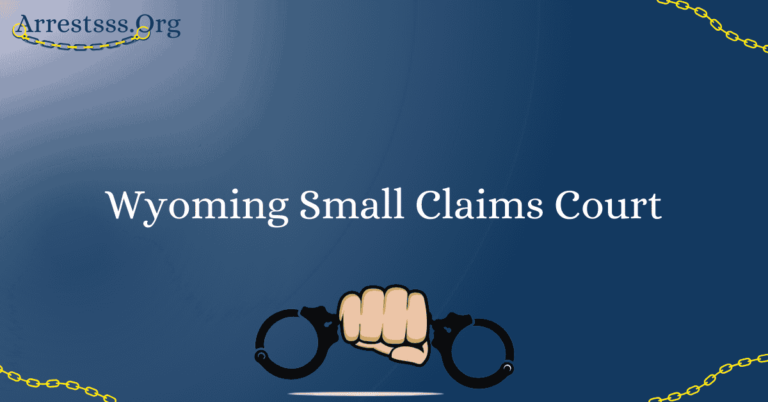Navigating Virginia Family Court

Going through a divorce in Virginia can be emotionally taxing, but being well-informed about the procedures and records associated with the family court can make the process smoother. This guide aims to provide you with a comprehensive overview of what to expect when navigating Virginia State Family Court during a divorce.
Virginia’s family court system is designed to ensure fair resolutions in family law matters, including divorce, child custody, and spousal support. While each divorce case is unique, understanding the common procedures and records is crucial. In this guide, we will delve into these aspects to empower you with knowledge and help you confidently navigate the Virginia Family Court system.
Family Court Procedures
Virginia’s family court follows a specific set of procedures for divorce cases. Familiarizing yourself with these steps will empower you to make informed decisions and navigate the process with confidence.
Now, let’s delve into these procedures in more detail to provide you with a comprehensive understanding of what each step entails:
Filing for Divorce
Initiating a divorce in Virginia involves filing a Complaint for Divorce in the circuit court of the city or county where either spouse resides. Virginia recognizes both fault and no-fault grounds for divorce, giving couples options based on their specific circumstances.
Serving Divorce Papers
Once the Complaint is filed, the other spouse must be served with a copy of the documents. This process is crucial to ensure that both parties are officially aware of the proceedings, initiating the legal timeline.
Response to the Complaint
Upon receiving the divorce papers, the served spouse has 21 days to respond if they are served within Virginia, or 60 days if served outside the state. During this period, they can agree to the divorce terms or contest them, providing the basis for negotiations or court proceedings.
Temporary Orders
In cases involving children, the court may issue temporary orders for child custody, visitation, and child support. These orders are designed to provide stability and address immediate concerns while the divorce process unfolds.
Discovery Process
During this phase, both parties exchange information and evidence relevant to the divorce case. This includes financial records, documents, and other materials that support their claims. The discovery process is critical for building a strong case and resolving disputes.
Mediation or Settlement
Mediation is often encouraged to reach agreements on issues like child custody, property division, and spousal support. A mediator or attorneys may facilitate negotiations to help both parties find common ground. If an agreement is reached, it is presented to the court for approval.
Trial
When no resolution is achieved through mediation or negotiation, the divorce case proceeds to trial. During the trial, a judge listens to both parties’ arguments, reviews evidence, and makes final decisions on contested issues, effectively concluding the divorce proceedings.
FAQ’s
How long does it take to get a divorce in Virginia?
The duration of a divorce in Virginia varies depending on the complexity of the case, whether it is contested or uncontested, and the court’s caseload. On average, it can take several months to over a year to finalize a divorce.
Is Virginia a community property state for property division in divorce?
No, Virginia follows an equitable distribution system. This means that the court divides marital property in a manner it deems fair, which may not necessarily result in a 50/50 split.
Can I represent myself in a Virginia family court divorce case?
Yes, you have the option to represent yourself, but it is highly advisable to seek legal counsel. Family law matters can be complex, and professional guidance can help protect your rights and interests.
What factors does the court consider in child custody decisions?
The court primarily considers the best interests of the child when making custody decisions. Factors such as the child’s age, physical and emotional needs, each parent’s ability to provide a stable environment, and the child’s relationship with each parent are taken into account.
Is spousal support (alimony) automatically granted in Virginia divorces?
No, spousal support is not automatically granted. The court evaluates various factors, including the duration of the marriage, each spouse’s financial situation, and their contributions to the marriage, before awarding alimony.






